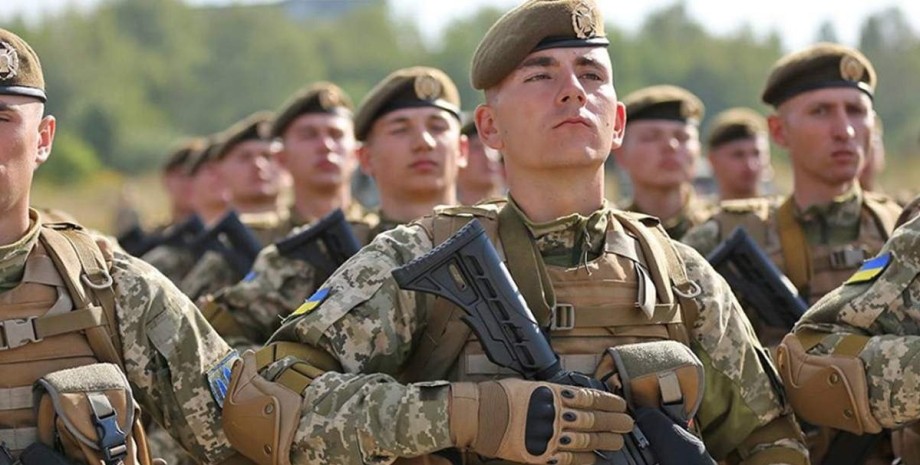
 By Natali Moss
By Natali Moss
The study states that among the main demotivational factors that reflect the desire for men to fight, insufficient financial support (65. 6%). In the second place is the opportunity to get a disability or die (64. 1%). Men are also scared of service life (63. 8%), many are afraid to get to a bad commander (59. 6%). According to sociologists, the likelihood of getting to the incompetent commander scares the man much more than the opportunity to be captured by the Russians. This is 59. 6% against 50.
8% respectively. Sociologists have found that the most motivated men to go to the army. First of all, it is the protection of your family and the Motherland (71%). Many also want to take revenge, destroy the enemy (64. 6%). It is also noteworthy that financial support does not play a key role in motivation to serve in the defense forces - only 33% of respondents spoke for it. The researchers also asked the men what they think about the situation on the front and how it would change within six months.
About half of the respondents said they had an optimistic forecast. At the same time, 23% of men were unable to decide. The material states that most respondents do not agree that in society they support those who evade or hide from mobilization. However, another 19. 5% were unable to give a clear answer, and therefore did not have their own position. And this suggests that the attitude can vary under the influence of social events.










All rights reserved IN-Ukraine.info - 2022